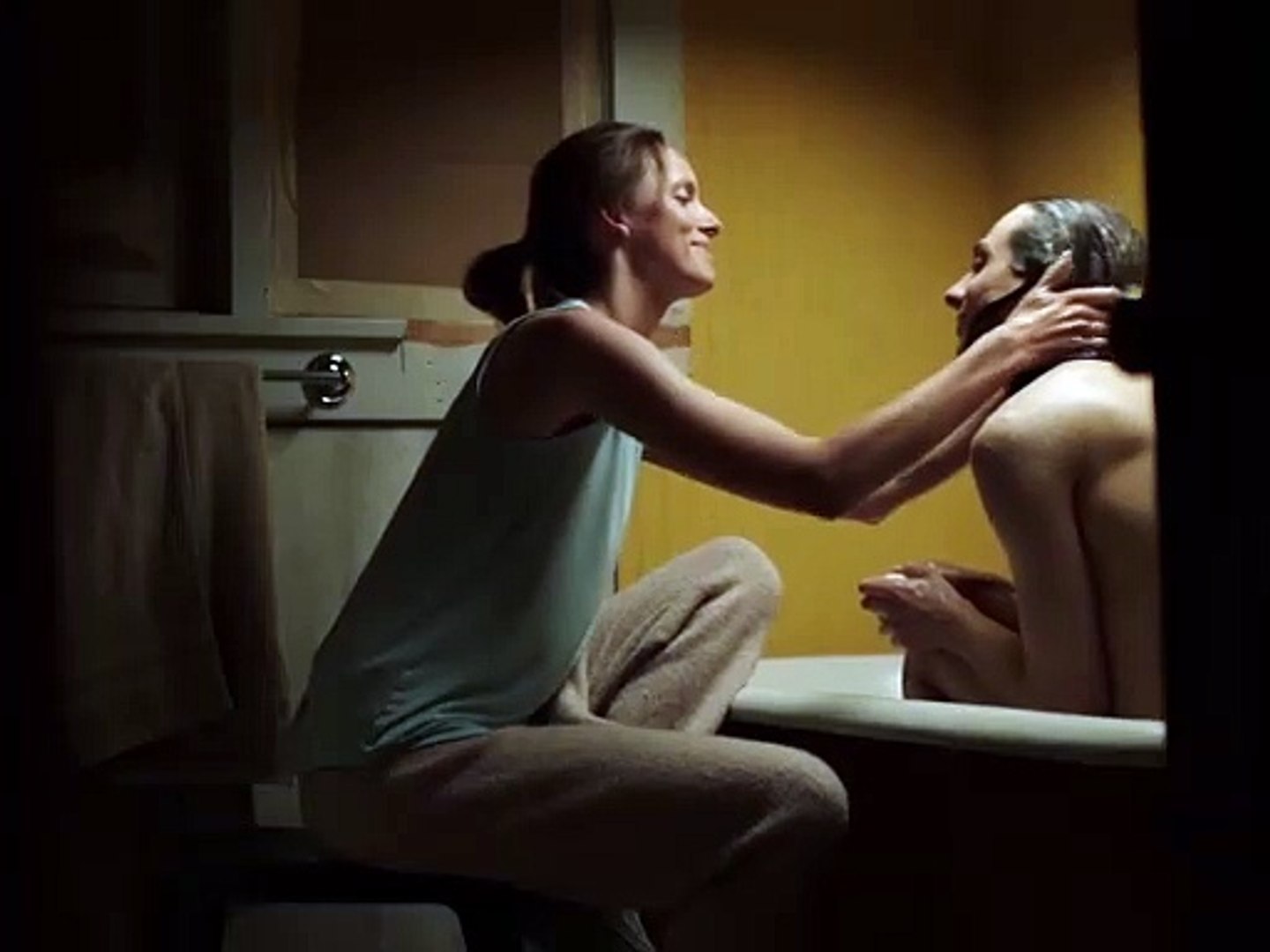Birthrite
by Hope Madden
There’s no limit to the number of horror films that begin with a family inheriting a secluded house that’s not all they hoped it would be. How many are there? Dozens? More? In just last couple of years: Mother May I, Abandoned, The Front Room, The Visitor.
But maybe Birthrite does something different. Surely Ross Partridge’s film won’t contain a couple, one of whom believes something uncanny is unfolding while the other believes it’s all in their head.
Oh, is that the plot? Well, the important thing is that the main character does not keep saying “I’m not crazy” to allay skepticism cast because of some prior trauma or depression. Because that is pretty worn out, plot-wise.
Oh, is that the whole conflict? But characters are developed organically, correct? We’re not expected to piece it together with glimpses of prescription bottles, right?
Yikes. Please don’t tell me there’s a pregnancy.
Sigh. Is there a chance that the mystery at the center of the tale could be easily resolved with proper communication between the partners, but instead, the story involves a creepy townie (Michael Chernus), a librarian (Owen Campbell), a spooky little girl (Elsa Parent), and a lot of exposition? Because that is just lazy writing.
Damn it!
Leads Alice Kremelberg and Juani Feliz deliver committed turns, while the criminally underused Chernus and Campbell elevate the material when given the chance. Jennifer Lafleur is an imposing presence, and the film looks great, a number of scenes punctuated with creepy imagery. But it’s hard to figure out why anybody made Birhtrite, and harder still to understand why actors as talented as Chernus and Campbell contributed, considering their limited screen time and impact.
Presumably everyone involved read the script before shooting began, and that’s where the problem begins. Writers Patch Darragh and Erin Gann conjure up not a single new idea, and those borrowed thoughts they introduce they don’t follow through to any logical or even interesting conclusion. The writing is lazy, and no amount of beautifully creepy landscape, atmospheric interiors, or thoughtful performances can overcome that.
It’s not that Birthrite is terrible. There’s just nothing new to see here.






